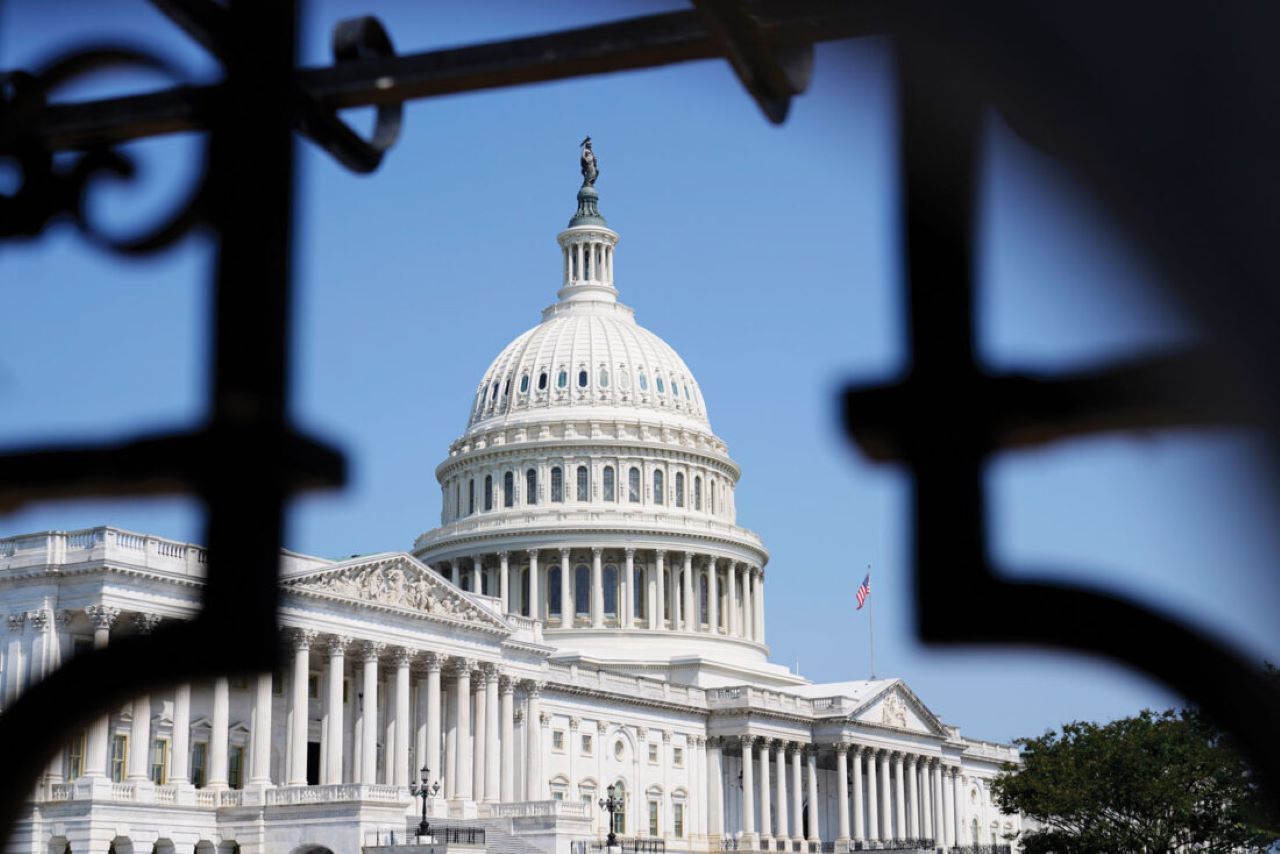Capitol Correspondence - 08.29.23
Stalemate in Congress: Budget Deadlines and Partisan Divides

Share this page
Stay Informed on the Latest Research & Analysis from ANCOR
More News
Capitol Correspondence - 07.23.24
CMS Releases Companion Guide to Access Rule

Capitol Correspondence - 07.23.24
CMS Releases Guidance on Provider Directories Compliance
Stateside Report - 07.22.24
Stateside Report: July 22, 2024


